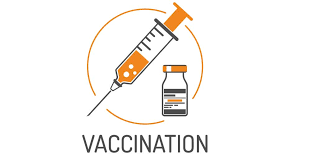Peculiarities of vaccination in rural areas
May 20, 2023
This paper discusses the unique challenges posed by administering vaccinations in rural areas. Vaccinating a population is an essential part of public health, but rural populations are often overlooked and underserved due to the lack of healthcare facilities, cultural factors, economic constraints, and other issues.
The need for vaccinations in rural areas is particularly acute due to their increased risk of endemic diseases or epidemics due to poverty and overcrowding. Access to vaccines can be difficult because many remote communities do not have easy access to healthcare facilities that provide them. In addition, there may be cultural barriers such as unfamiliarity with vaccination practices or misconceptions about safety.

Economic constraints also play a role, as many individuals living in rural areas may not have the money needed for the cost of vaccines. Furthermore, transportation can be a major issue when trying to reach rural populations.
To address these challenges, public health officials must look at both the short-term and long-term goals of vaccination in rural areas. In the short term, it is necessary to ensure that vaccines are accessible and affordable for those who need them most. This could include providing free or discounted vaccines, as well as subsidies for transportation and other costs associated with accessing them.
In the long term, public health professionals should also take steps to improve access and education about vaccinations in rural communities. This could involve engaging local healthcare providers to educate community members about vaccine safety and benefits, creating networks among healthcare providers to facilitate ease of access, or organizing events such as health fairs to reach as many people as possible.
Ultimately, increasing access and education about vaccinations in rural areas is essential for improving public health outcomes. By taking the steps outlined above, public health officials can ensure that all individuals have access to the life-saving benefits of vaccines and help reduce the burden of preventable diseases in these populations.
The only way to ensure that everyone has access to the benefits of vaccination is by making sure that rural populations are adequately served. Education, outreach, and improved systems are necessary in order to make sure that vaccine availability and accessibility reach all corners of a country or region.
